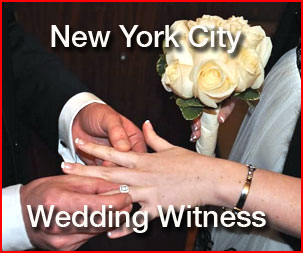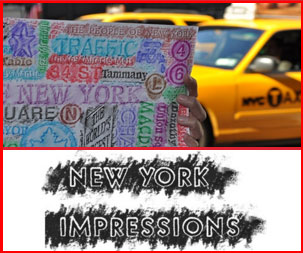There comes a point in every person’s life where you realize you have achieved all that you’ve set out to do, and thus have a feeling of contentment; I haven’t gotten there yet, for the record. But I’m close. Very close. Growing quite discontent with not only how I saw myself, the world, and most importantly, my role in that world, I set out for a change. In the span of a year, I had lost a relationship, a best friend, and myself. There was not a single day where I was able to say, “I got this.” Quite the opposite, in fact. My smile of the past had been replaced with two reluctant companions named fear and loathing. On March 4th, 2013 I turned thirty years old. On March 5th, I made a discovery and, thus, was reborn.
Quite possibly the greatest birthday present I had ever received was the Tao Te Ching. As someone who appreciates the works of Wayne Dyer, I had often heard him mention this ancient book, which had dramatically changed his life. Lao Tzu, which means “old man”, had written this book thousands of years ago, but its text is probably more important today than ever before. The Tao, which contains just a little more than eighty verses, attempts to teach the idea of balance and union. There is no good without bad. No cold without hot.
As I started to really delve into the Tao, as well as Dyer’s own translation of it, I remembered a quote I had once heard: “No tree has branches so foolish as to fight among themselves.” This was an old Ojibwa Indian saying, which at first glance appears to just be a quote about a tree. But what does it really mean or have to do with? Just as there can be no good without bad or no cold without hot, there can be no terrorist bombing without a victim. On April 15th, 2013, a bomb was set off at the Boston Marathon, injuring dozens of people and killing three. Then there are Dzhokhar and Tamerlan Tsarnaev.
We are all branches on the same tree, as corny as that might sound. When someone feels pain, don’t you, too, feel hurt? I know that I, myself, can’t watch one of those ASPCA commercials without shedding a tear, or pass a homeless man or woman in the streets of Manhattan without thinking to myself, “What happened to that person that allowed them to end up there?”
As I dedicate the next sixty-some odd year of my life learning to curb my ego and become more one with the people I share this planet with, I know more and more that we are all connected some way, somehow. At some point in their lives, Dzhokhar and Tamerlan took a first step, had a first day of school, had a first skinned knee, and has shed a tear. Now due to their acts, both are now lost to their friends and families; one is lost permanently.
On April 15th, 2013, three people were killed. 183 were injured. Days later Tamerlan was killed in his attempt to escape, and now Dzhokhar will be charged with using and conspiring to use a weapon of mass destruction resulting in death, and with malicious destruction of property resulting in death.The Tao teaches us that only when we view each other as separate can we cause harm to one another. It also says that a bad man is a good man’s teacher, while a good man is s a bad man’s teacher. The media now ponders if Dzhokhar’s fate would have been different had be not been influenced by his brother, a “bad” man. I ponder if both their fates would have been different if they had extended their feeling of one-ness, beyond each other, and knew that on that Monday they were only breaking branches of their own tree.











